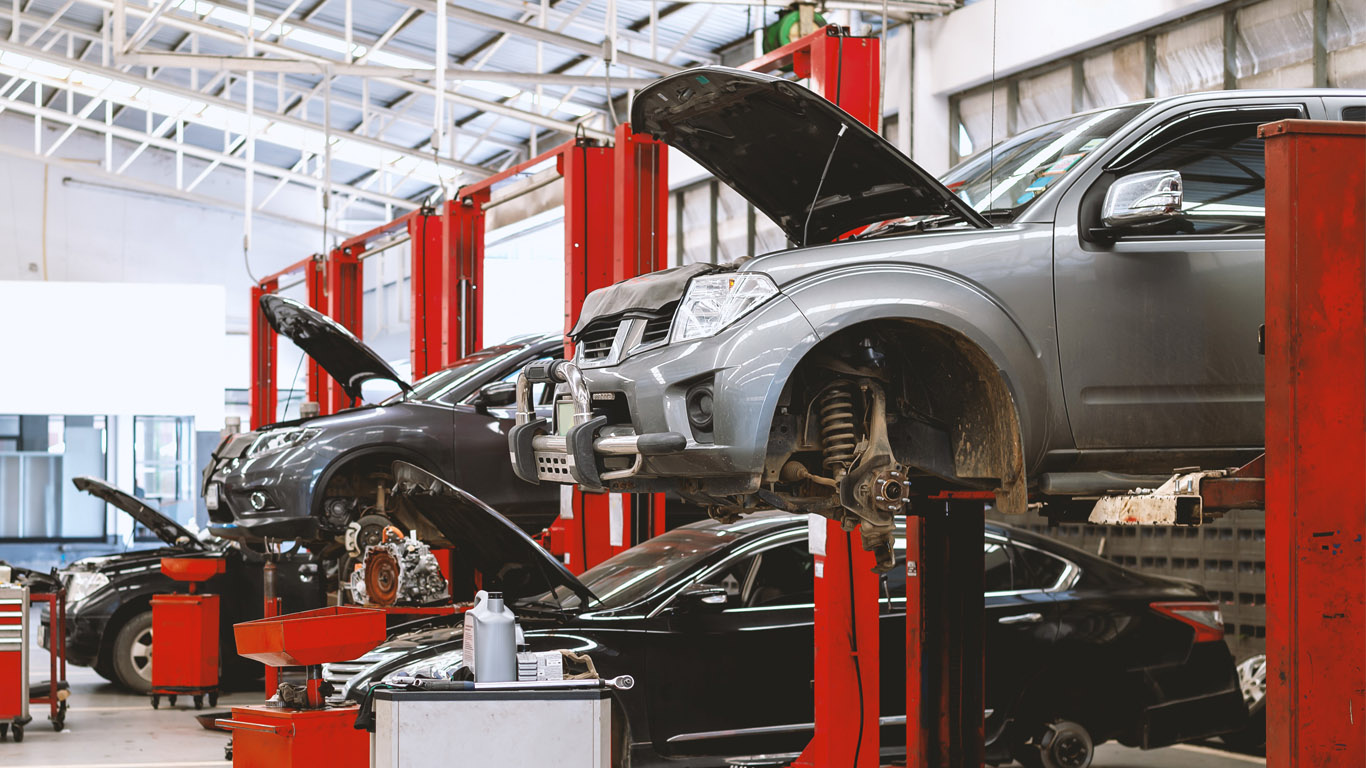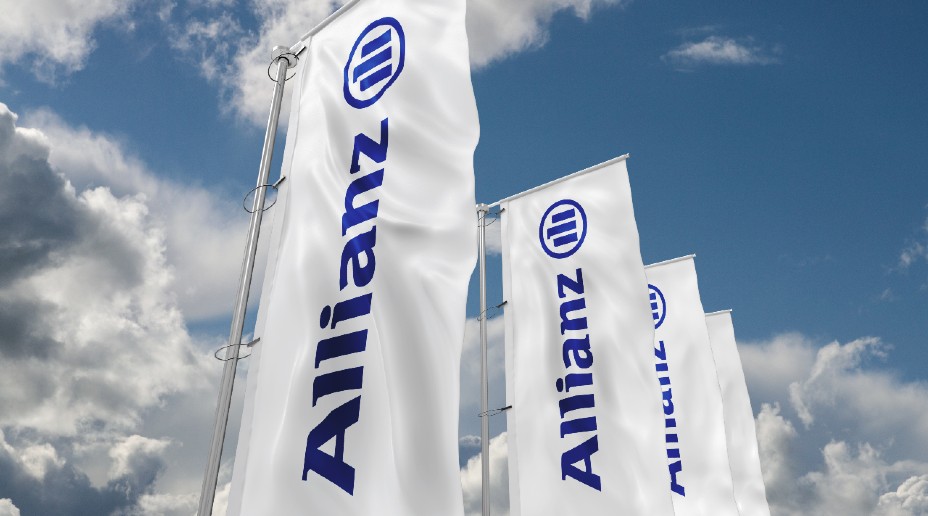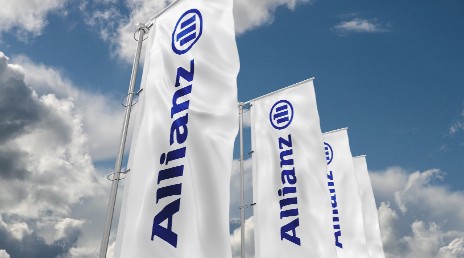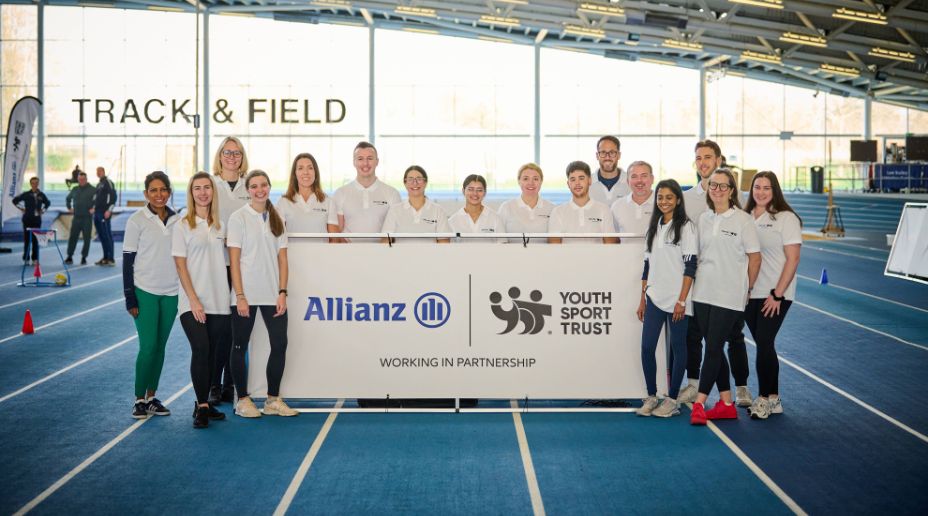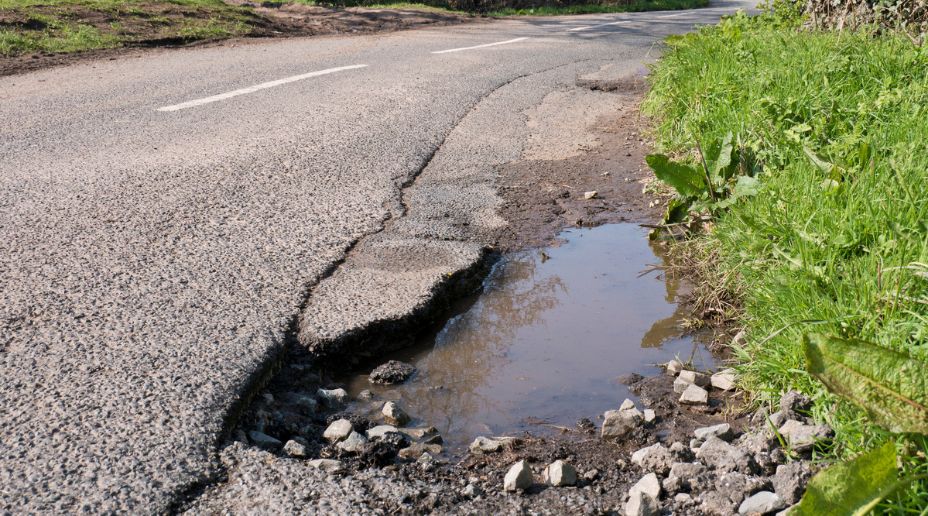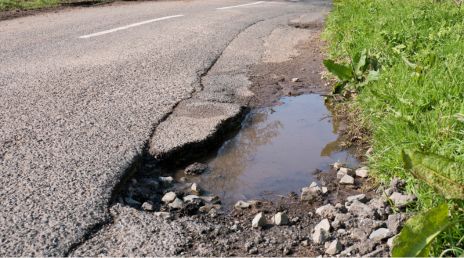The statistics paint a bleak picture. Vacancy rates in the sector are at record highs according to the Institute of the Motor Industry (IMI). Its data shows there are more than 23,000 vacancies – equivalent to 4% of the workforce – with many of these in technical roles.1
The sector is also failing to attract new talent at the levels required. Thatcham Research’s analysis of Education and Skills Funding Agency data shows that mechanical apprentices starts in collision repair occupations are stagnant, having failed to recover to pre-pandemic levels. By August 2022/23, just 775 apprentices had signed up for that year, down from 960 in 2017/18.2
There are also concerns about the sector’s readiness for new vehicle technology. The IMI predicts that by 2032 there will be a shortfall of 16,000 technicians holding its TechSafe qualification, which enables them to work safely on electric vehicles.3 Similarly, while 3,000 technicians are advanced driver assistance system (ADAS)-certified, this is only a third of the 9,000 required to work on the current vehicle parc, and well below the 106,000 that will be needed by 2030.4
